
How DHL is helping Sierra Leone’s youth secure their future
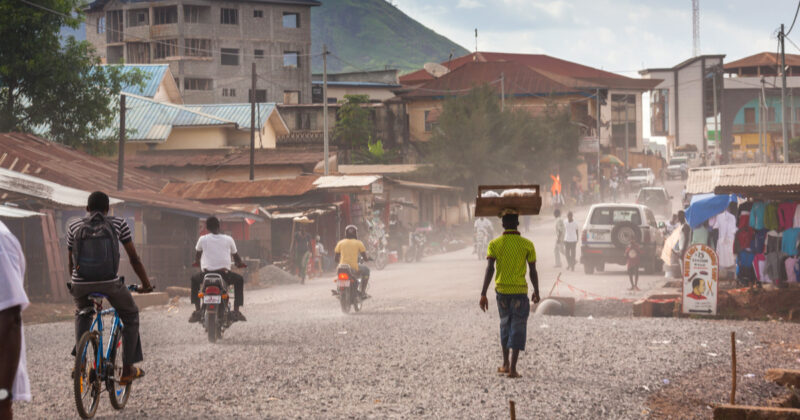
On the streets of Sierra Leone’s capital Freetown, it is not uncommon to see youths looking for work building roads or digging ditches every day.
The young people of the West African country are able and willing, but jobs are scarce. While many have migrated from rural to urban areas to carve out a better life, their efforts have been in vain.
Approximately 70 percent of citizens aged 15 to 35 are unemployed or underemployed — one of the highest rates in Africa and the world. Coupled with a fast-growing population, Sierra Leone now has its hands full with around 800,000 young people looking for jobs.
Many of them lack the skills or education to be employed in a labor market that already offers limited opportunities.
With the Covid-19 pandemic worsening the problem, stakeholders are banding together to help Sierra Leone surmount its unemployment issue.
Backed by the United Nations (UN), the government and private sector companies are driving vocational training and education programs for young Sierra Leoneans to increase their employability and address the domestic demand for skilled jobs.
For many of Sierra Leone’s youth, this marks the promise of a brighter future.
Marginalized and vulnerable
Youths make up a third of Sierra Leone’s population of nearly eight million. They face dim prospects given their low levels of education, which has translated into a 50 percent illiteracy and unskilled rate.
The 11-year civil war had led to the destruction of 1,270 primary schools and 820 secondary, tertiary and vocational schools. Without peace and stability, potential jobs in agriculture and tourism also vanished, underpinning a stark reality. In 2015, 25.8 percent of young women and 13.1 percent of young men had no schooling or training.
The Covid-19 outbreak last year further hindered the country’s road to recovery.
Today, there is an influx of unskilled youth seeking employment in a market where more technical skills are needed to maintain a growing economy. Poor quality of skills is a significant constraint preventing firms from modernizing and improving product quality even as more private sector investments are entering the country.
“Urgent action is therefore required to create employment opportunities with a view to reducing the lingering effects of the marginalization of the country’s young people, who constitute the largest segment of the population,” said former UN Secretary-General Ban Ki-moon in a report.
Empowering the youth
As the pandemic heightens the urgency of Sierra Leone’s unemployment problem, internal and external agencies are springing into action to boost employment prospects for the country’s young people.
The International Organization for Migration’s US$3.4 million (€2.81 million) vocational training program registered its 940th participant in March 2021. It aims to train 2,000 unemployed young people in relevant work skills such as repairing and operating farming, road construction and mining machinery.
The same month, the UN Industrial Development Organization and Japan’s government signed a US$3.88 million (€3.21 million) agreement to establish automotive training centers, which will equip over 10,000 Sierra Leoneans with automotive repair and maintenance skills.
Sierra Leone’s government is also actively involved, having established the National Youth Commission in 2010 to coordinate strategic planning and policy development to create more youth employment opportunities.
This comes on the back of its collaborative work with non-governmental organizations (NGOs) from 2010 to 2012 to alleviate youth unemployment by creating jobs, building economic development and supporting a sustainable employment ecosystem through various policies and institutions.
More recently, international NGO SOS Children’s Villages, in partnership with Deutsche Post DHL Group, launched a Youth Can! Project and GoTeach program for youth employability in Sierra Leone in April 2021.
“At DHL, our purpose is connecting people and improving lives. In some way, the Youth Can! Project, in partnership with SOS Children’s Villages, resonates with the aspect of improving lives. We believe that this project will help to transform our youth and give them the impetus to overcome challenges and to be self-reliant,” said Alphonso Pratt, Country Manager, DHL Express Sierra Leone.
The initiative will directly benefit 350 vulnerable young people with skills training, a business start-up for young entrepreneurs, employability and mentorship.
This will help them successfully transition from school to becoming independent and having a decent job — key requisites that will empower youth and set them up for a better, more secure future.
MORE FROM THIS COLLECTION

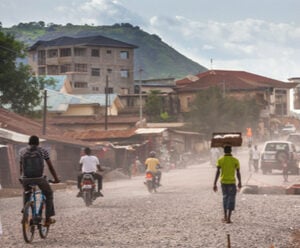
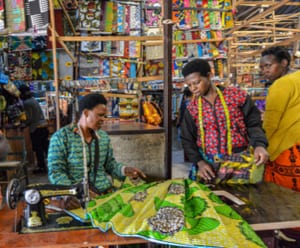
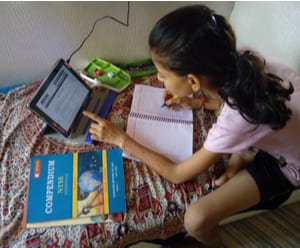
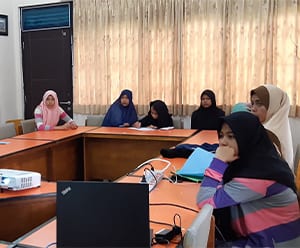


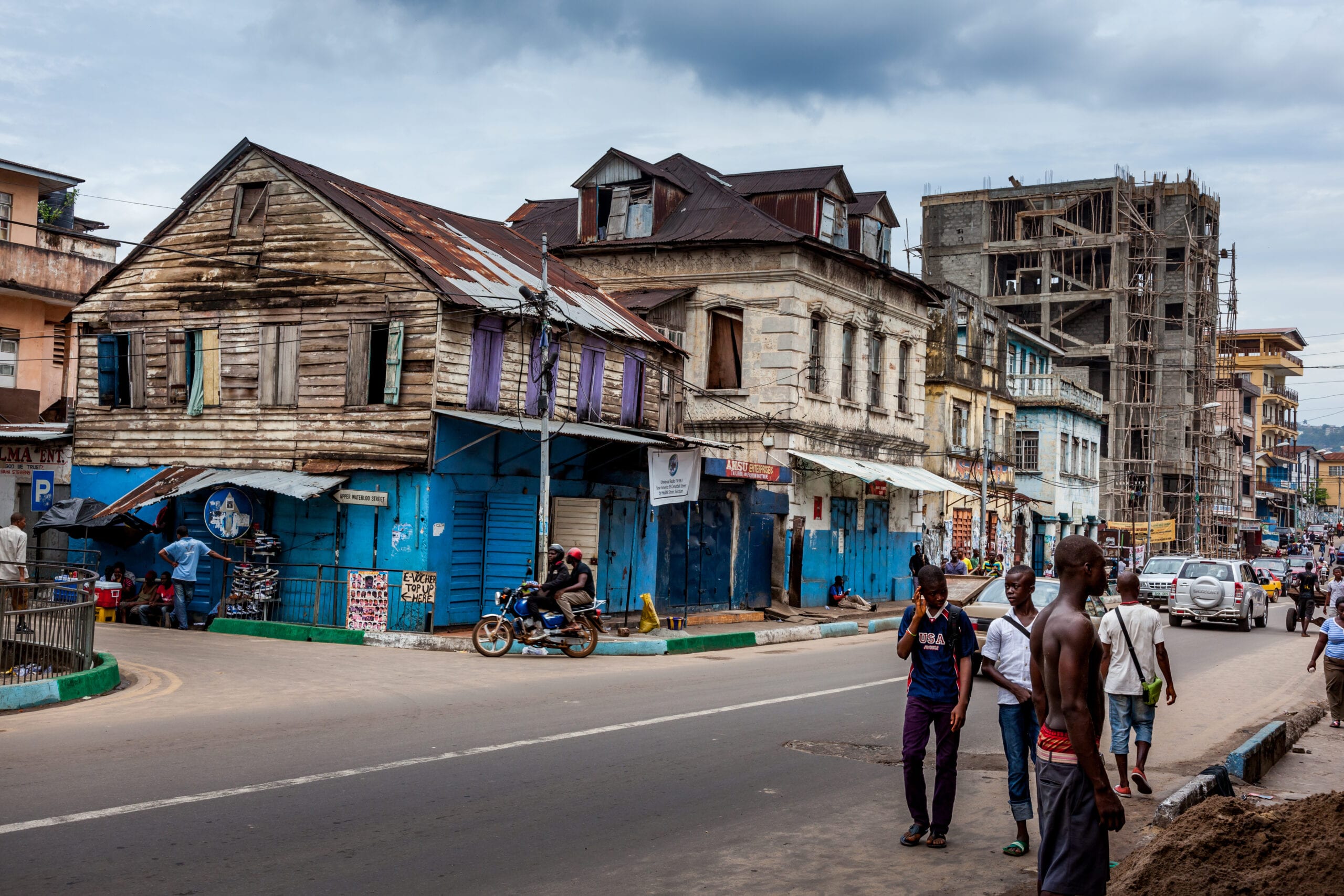





 English
English